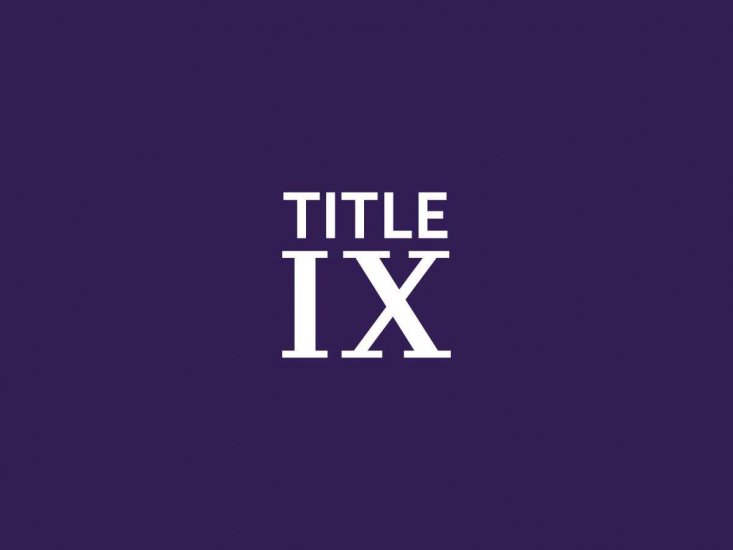
New Title IX Guidance from the U.S. Department of Education
Jan 27, 2021
Share to:
On January 15, 2021, the outgoing U.S. Department of Education’s Office of Civil Rights (OCR) published new guidance on its Title IX regulations regarding sexual harassment, which went into effect on August 14, 2020. OCR’s guidance follows the form of a two-part Question and Answer document addressing 24 topics relevant to both K-12 school districts and higher education institutions. Part One and Part Two can be accessed by clicking the hyperlinks. The topics include:
- The applicability of prior OCR guidance to the Title IX regulations;
- The definition of “sexual assault” under the Title IX regulations;
- The “deliberate indifference” standard in the context of a school or college’s response to sexual harassment;
- A school or college’s ability to use the Title IX procedures in cases where an incident of sexual harassment occurs outside the school or college’s educational program or activity;
- Jurisdictional issues involving off-campus locations;
- The role of parents/guardians during the Title IX grievance process;
- The application of the Title IX regulations to allegations of sexual harassment between employees;
- Record-keeping responsibilities at the culmination of the regulations’ required seven-year retention period;
- FERPA and student confidentiality issues;
- The interplay between Title IX and the Clery Act;
- The prohibition on questions and evidence about a complainant’s sexual predisposition and prior sexual behavior;
- The role of the Title IX Coordinator;
- The role of the Investigator;
- The role of the Decision-maker;
- A school or college’s training obligations;
- Procedures pertaining to the preparation and submission of the investigation report;
- The calculation of “days” under the Title IX regulations;
- The requirement to issue the written determination “simultaneously” to the parties;
- Matters involving the admissibility of evidence;
- Consequences of a party’s refusal to submit to cross-examination at the post-secondary level;
- The role of advisors at the post-secondary level;
- Issues involving the determination of sanctions;
- The ability of a party to appeal a decision when the party is no longer attempting to participate in the school or college’s education program or activity; and
- Procedures governing informal resolution.
Robbins Schwartz will continue to monitor Title IX developments as the U.S. Department of Education transitions from the Trump Administration to the Biden Administration. Please contact a Robbins Schwartz attorney with any questions pertaining to OCR’s January 15 guidance or any other Title IX issues.
